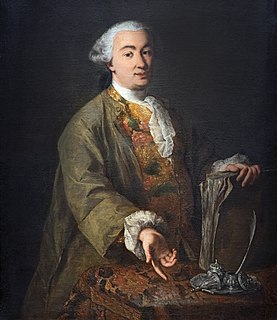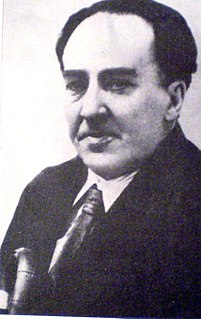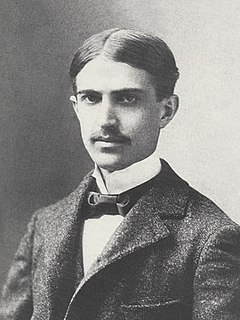A Quote by Carlo Goldoni
Related Quotes
[Heraclitus] did not require humans or their sort of knowledge, since everything into which one may inquire he despises [as being] in contrast [to his own] inward-turning wisdom. [To him] all learning from others is a sign of nonwisdom, because the wise man focuses his vision on his own intelligence.
The soul is no traveller; the wise man stays at home, and when his necessities, his duties, on any occasion call him from his house, or into foreign lands, he is at home still, and shall make men sensible by the expression of his countenance, that he goes the missionary of wisdom and virtue, and visits cities and men like a sovereign, and not like an interloper or a valet.
XXIX Traveler, there is no path. The path is made by walking. Traveller, the path is your tracks And nothing more. Traveller, there is no path The path is made by walking. By walking you make a path And turning, you look back At a way you will never tread again Traveller, there is no road Only wakes in the sea.
No man is so foolish but may give another good counsel sometimes; and no man is so wise, but may easily err, if he will take no others counsel but his own. But very few men are wise by their own counsel; or learned by their own teaching. For he that was only taught by himself had a fool to his master.
[Hermogenes] despises God's law in his painting, maintains repeated marriages [almost certainly a reference to remarrying after divorce or perhaps even widowhood, which Tertullian, who became a Montanist, opposed], alleges the law of God in defense of lust [likely same reference], and yet despises it in respect of his art.
XXVIII "Truth," said a traveller, "Is a rock, a mighty fortress; "Often have I been to it, "Even to its highest tower, "From whence the world looks black." "Truth," said a traveller, "Is a breath, a wind, "A shadow, a phantom; "Long have I pursued it, "But never have I touched "The hem of its garment." And I believed the second traveller; For truth was to me A breath, a wind, A shadow, a phantom, And never had I touched The hem of its garment.




































